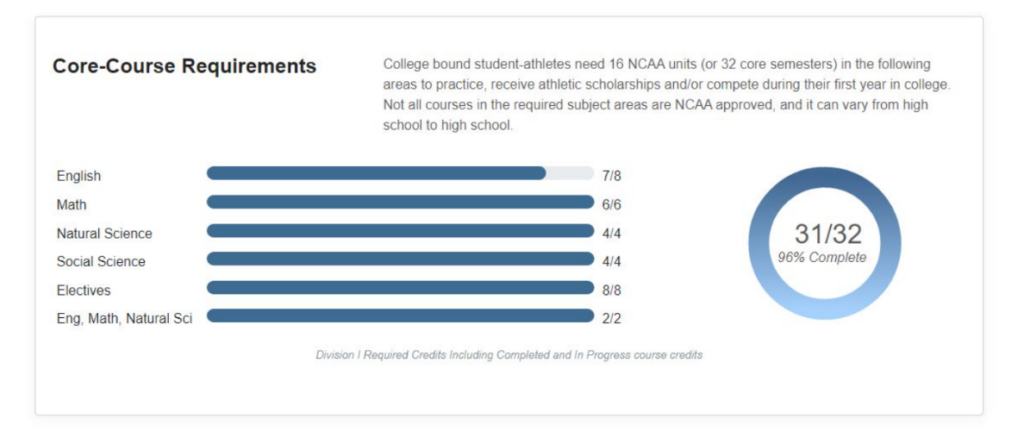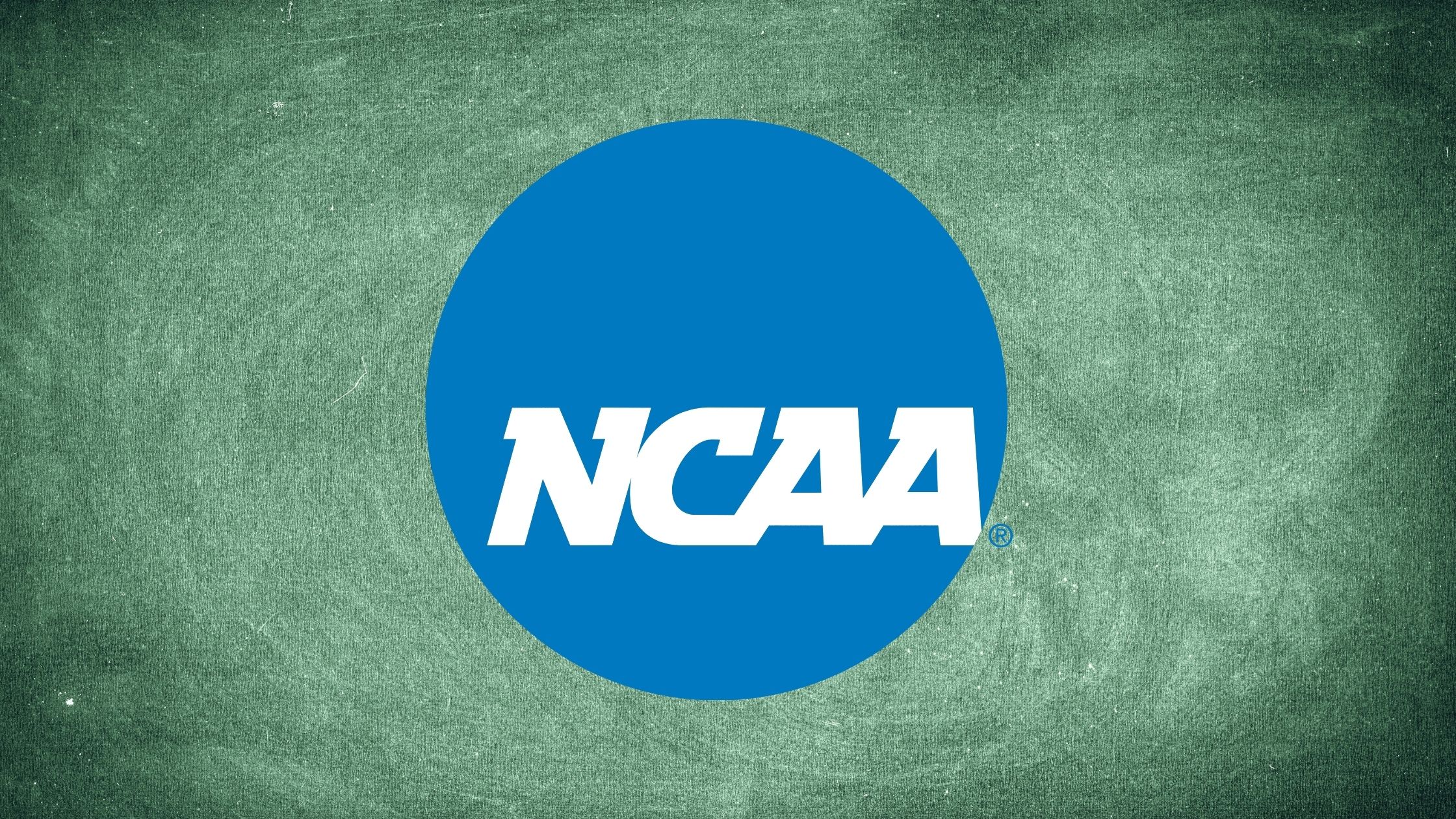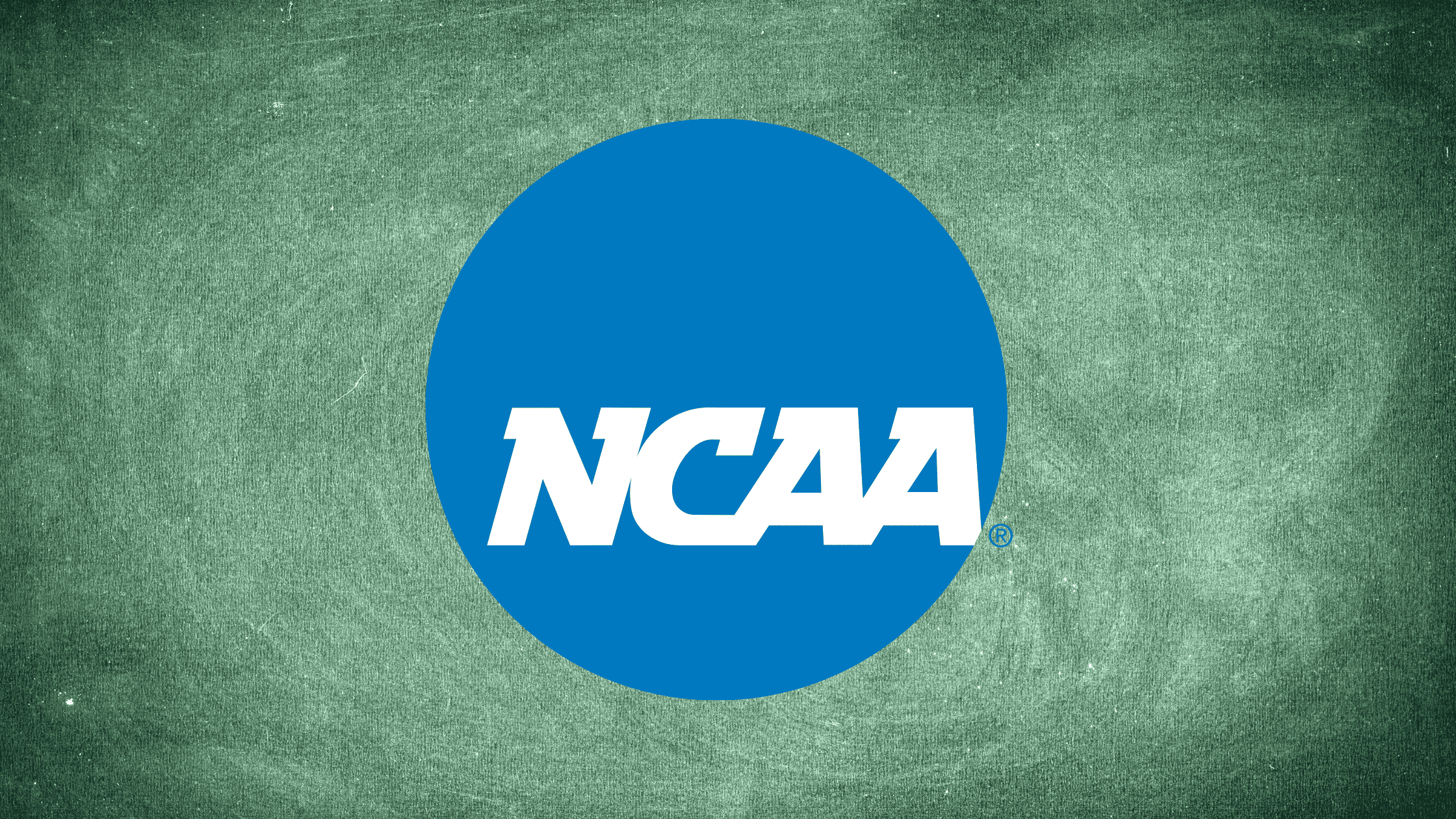What is the NCAA 10/7 Rule?
Updated on Jun 18, 2025

Did you know there are additional eligibility rules required to compete at the NCAA Division I (DI) level that other NCAA divisions and governing bodies (NAIA and junior colleges) do not require?
One of these additional eligibility rules is the core-course progression requirement, also known as the “10/7 Rule” or “10/7 Lock” – and it is one of the only NCAA initial-eligibility rules that has a hard and fast deadline. If a student-athlete does not meet the 10/7 Rule by the mandatory deadline, they will be ineligible to play at a DI school right after high school.
Let’s plan ahead and dive into the complexities of the 10/7 Rule.
NCAA initial-eligibility rules require college-bound student-athletes looking to compete at a DI or Division II (DII) school to complete 16 NCAA-approved Core Courses at their high school(s) by the time they enter college. However, for students looking to compete at the DI level, the NCAA requires 10 of those 16 core courses to be completed by the start of the student’s 7th semester of high school – meaning time is up once they begin their senior year of high school. Specifically, 7 of those 10 courses MUST be in the subject areas of English, Math, or Natural/Physical Science.
Once senior year starts, grades achieved in such courses must be used to meet the 10/7 requirement and cannot be replaced or repeated, so the term “locked in” is often used.
Honest Insight: For current juniors in high school, it is extremely important to keep track of core course count, since they may need to utilize the summer term between junior and senior years to meet the deadline.
Exception to the rule is that students with solely international academic credentials (including Canada) are not required to meet the 10/7 requirement.
Do Online Courses Count Towards the NCAA 10/7 Requirement?
If a school does not offer NCAA-approved courses in the summer, students may take NCAA-approved courses with a virtual school. Sometimes online courses are the only option that exists if a student hasn’t taken the required number of NCAA-approved course offerings during their first 3 years of high school.
Generally, for a nontraditional course to count as an NCAA-approved core course, it must meet ALL of the following requirements:
- The course must meet all requirements for an NCAA-approved core course.
- All students in the course must have regular instructor-led interaction for the purpose of instruction, evaluation, and assistance for the duration of the course. Interactions such as exchanging emails between the teacher and student, online chats or phone calls, as well as feedback on student assignments count.
- The course must have a defined time period for completion. It should be clear how long students are required to be enrolled and working in the course, as well as how long a school would permit a student to work on a single nontraditional course.
- Student work – including exams, papers, and assignments, must be available for evaluation and validation.
- The course should be clearly identified as nontraditional on the student’s official high school transcript.
The virtual courses need not count toward a student’s school graduation credits; however, the virtual school transcript must be submitted separately to the NCAA Eligibility Center. If a student would like their online course to apply towards their graduation credit, they will need to get approval from their high school.
Several schools offer NCAA-approved courses. These online schools don’t have to be affiliated with your high school to get you NCAA credit.
Honest Insight: It is best practice to confirm if an online course is an NCAA-approved core course prior to enrollment and that it is the appropriate subject area needed to fulfill the requirement.
Know Your NCAA 10/7 Status
To simplify the eligibility process, Honest Game’s CARE® (College Athletic Report on Eligibility) provides an individualized report that includes an NCAA GPA calculator, NCAA credit tracking, and a clear view of a student-athlete’s academic eligibility status, as well as their NCAA 10/7 progression.

CARE® also provides strategic advice on any core course deficiencies and when they need to be completed before the NCAA clock runs out.

CARE® is downloadable and easy to share with parents/guardians, high school administrators and college recruiters to make sure everyone is on the same page before it’s too late.
Have more questions about the NCAA academic eligibility process? Honest Game Counselors are here to help navigate course selection and schedule planning to ensure student-athletes are on track to be academically eligible for college sports. Schedule a time to meet virtually with our experts.

As a former Senior Associate Athletic Director at the NCAA Division I level and with more than 20 years of experience in collegiate athletics, Courtney has advised thousands of student-athletes through the college recruiting and eligibility process for college sports. Interested in virtual counseling with Courtney? Sign up here.



